Camping on public land in Virginia is generally allowed, but the legality and specific rules depend on the type of public land and its managing authority. Here’s what you need to know:
State-Owned Public Lands
Wildlife Management Areas (WMAs) and Department-Managed Lands
Camping Authorization Required: Effective January 1, 2021, written authorization is required to camp on Virginia’s Wildlife Management Areas (WMAs) and other lands managed by the Virginia Department of Wildlife Resources (DWR).
Length of Stay: Primitive camping is allowed for up to 14 consecutive nights, or no more than 14 nights in any 28-day period, unless otherwise posted.
Location Restrictions: Camping is only permitted at previously cleared and established sites. You cannot cut or damage vegetation to create a new campsite. Camping is prohibited within 300 feet of any DWR-owned lake, boat ramp, or other facility, and at other specific locations as posted.
Access Permits: Visitors age 17 and older must obtain an Access Permit unless they have a valid Virginia hunting, freshwater fishing, or trapping license, or a current Virginia boat registration.
Food Storage: All food and attractants must be stored in bear-resistant containers or securely locked vehicles to prevent wildlife access.
Penalties: Violations can result in a Class III misdemeanor, immediate removal, and loss of camping privileges.
State Parks
Reservation Required: Camping in Virginia State Parks is allowed only with a valid reservation.
Length of Stay: Camping is limited to 14 nights within a 30-day period, unless a special use permit is granted.
Site Rules: Campers must stay within designated sites and follow all posted rules and regulations.
National Forests
George Washington and Jefferson National Forests
Dispersed Camping: Primitive, dispersed camping is allowed in most areas of these national forests, typically without a permit for small groups.
Length of Stay: Camping is limited to 14 consecutive days in a 28-day period at most locations.
Leave No Trace: Campers must follow Leave No Trace principles, store food properly, and remove all trash.
Prohibited Areas: Camping is not allowed within 200 feet of water sources or trails, except at designated sites.
Shenandoah National Park
Backcountry Camping Permits Required: Backcountry camping is allowed with a permit, which can be obtained online or by phone.
Group Size and Stay Limits: Permits are issued for up to 14 nights, with a group size limit of 10 people.
City and County Public Lands
Local Ordinances: Many cities and counties in Virginia have their own regulations regarding camping on public property. For example, in some municipalities, it is unlawful to camp, lay, or sleep on public lands or structures after certain hours, except for special occasions authorized by the city council.
Notice to Vacate: Violations can result in a posted notice to vacate within 72 hours, and law enforcement may intervene.
Summary Table
| Public Land Type | Camping Allowed? | Permit/Authorization Required? | Stay Limit | Key Restrictions |
|---|---|---|---|---|
| Wildlife Management Areas (WMAs) | Yes, with conditions | Yes | 14 nights/28 days | Only at cleared sites; not near water/facilities |
| State Parks | Yes, with reservation | Yes | 14 nights/30 days | Only at designated sites |
| National Forests | Yes, dispersed allowed | No (small groups) | 14 nights/28 days | 200 ft from water/trails; Leave No Trace |
| Shenandoah National Park | Yes, with permit | Yes | 14 nights | Group size limit; permit required |
| City/County Public Lands | Usually restricted | Varies | Varies | Often prohibited; check local ordinances |
You can legally camp on most public lands in Virginia, including state WMAs, state parks, and national forests, provided you follow the specific rules and obtain any required permits or authorizations.
Always check the regulations for the specific area where you plan to camp, as restrictions and required permits may vary. Camping on city or county public lands is often restricted or prohibited except in designated circumstances.
Sources:
- https://www.law.cornell.edu/regulations/virginia/4VAC15-20-155
- https://dwr.virginia.gov/camping-on-wmas/
- https://dwr.virginia.gov/primitive-camping-in-virginia/
- https://dwr.virginia.gov/wp-content/uploads/media/wma-rules.pdf

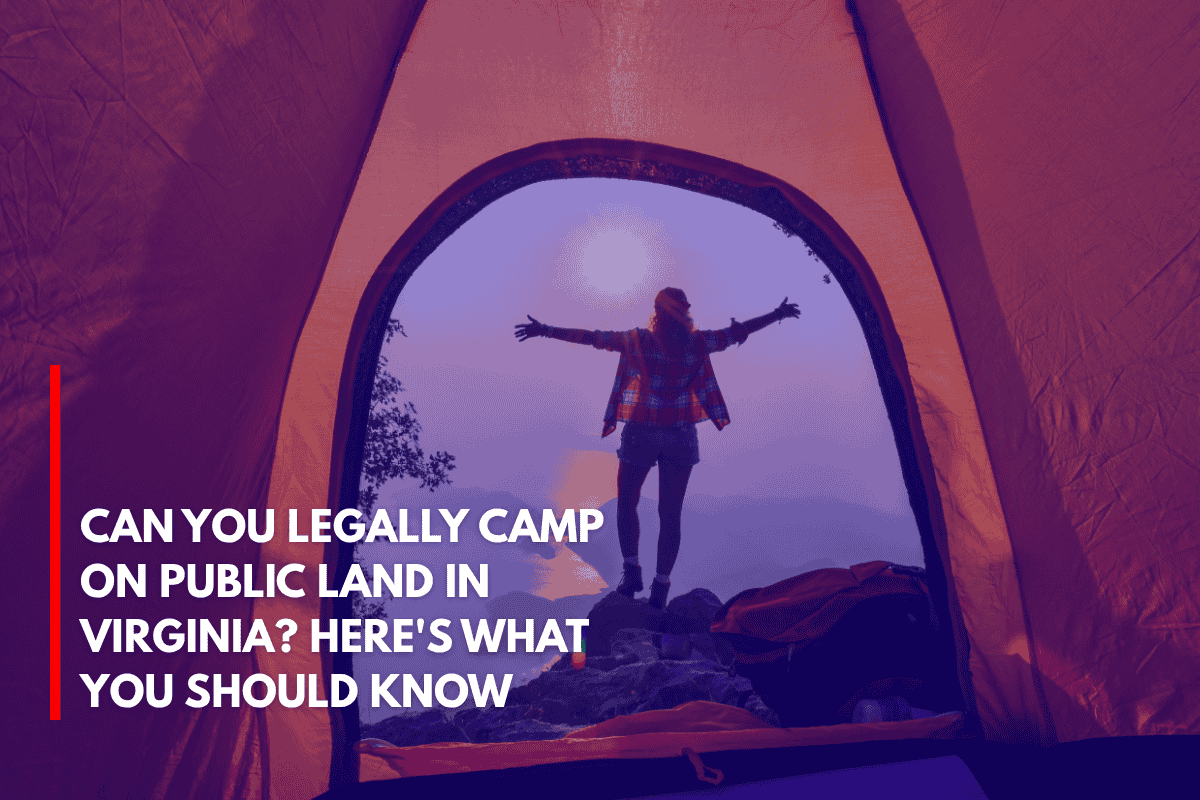


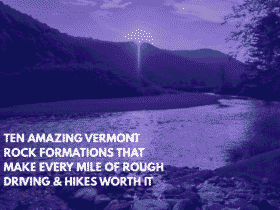

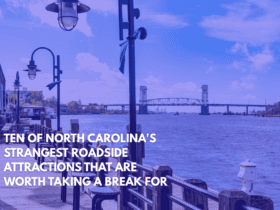

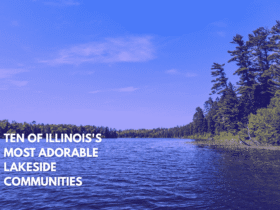

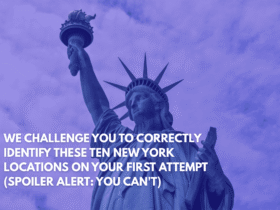
Leave a Reply